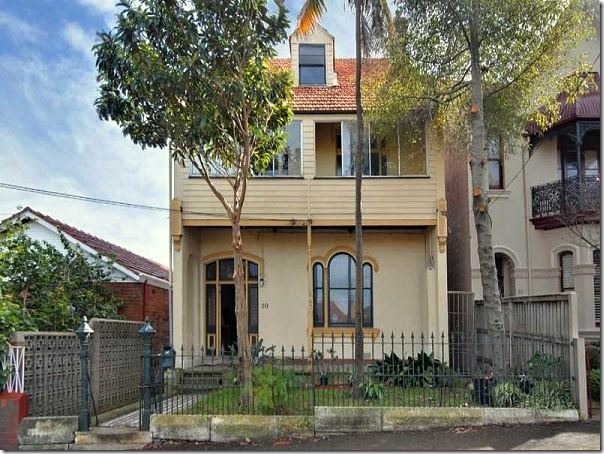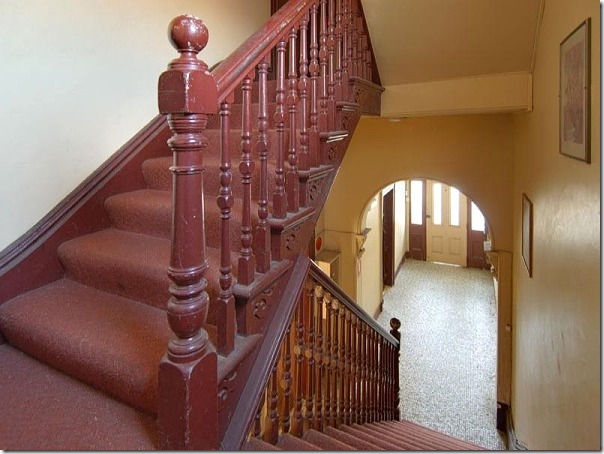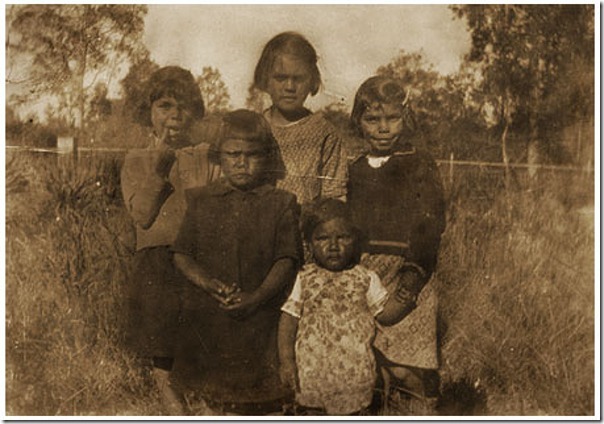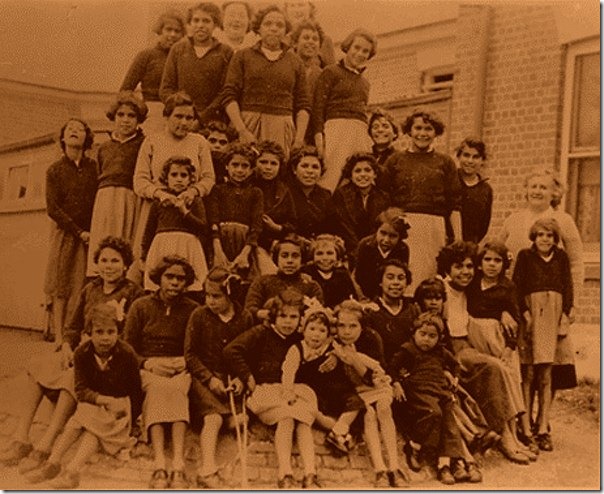Two from last night’s Australian of the Year Award – with an eye to the future.
Young Australian of the Year 2013: Akram Azimi
"This bloke is a legend already," says one commenter.
Akram Azimi is a dedicated mentor to young Indigenous people. Arriving in Australia 13 years ago from Afghanistan he went from being ‘an ostracised refugee kid with no prospects’ to becoming his school’s head boy. An outstanding student, he topped the tertiary entrance exam scores among his classmates. He’s now studying a triple major – law, science and arts – at the University of Western Australia. Intent on giving back to his adopted country, Akram uses his leadership and pastoral skills to help young people in remote and rural Western Australia. In 2011 he co-founded a student-run initiative I am the other set up to raise awareness about Indigenous issues in universities. His philanthropic roles have included working with True Blue Dreaming, which helps disadvantaged remote Indigenous communities. For three years, Akram mentored young Indigenous people in the Looma community in the Kimberley region, and he has mentored primary school students in the small farming community of Wyalkatchem, in WA’s wheat belt. Akram is also mentoring a Special Olympics athlete to help raise community awareness of disability issues.
See also The Big Interview with Akram Azimi.

Local Hero: Shane Phillips
REDFERN: According to the Sydney Morning Herald’s (Sydney) magazine, Shane Phillips of the Tribal Warrior Association is one of Sydney’s 100 most influential people writes Liesa Clague in the February 2012 edition of the South Sydney Herald.
It was an immense pleasure speaking to Shane about growing up in Redfern – what has inspired him with regards to his work now, and recalling, when he was young, the key events and people who have made him the leader he is today.
Shane (a Bundjalung, Wonnarua and Eora man) was born in Redfern, and grew up surrounded by role models such as Mum Shirl, Charlie Perkins, Joyce Clague, and other Aboriginal men and women who have contributed to the fight for equal opportunity, the right to be counted as part of the wider community and to help support Aboriginal people. Shane talked about the environment of Redfern in the ’70s and ’80s, which were “good times”.
Much has changed since then. Shane looks forward to new life for “working families” on The Block, better relationships with the police and among all people of good will in the community.
What inspires Shane is supporting his family and being true to them as well as doing the best he can for his community.
He believes that you need good work ethics and to follow through by doing the best job you can.
Shane started work at the age of 14, after being told by his Dad he had to work. The work experience for Shane was “tough but fair”, and he learnt a lot from the people he worked with and for. He learned there was value and pride in contributing to the greater good.
Shane recalls, when he was 14 years old, assisting another lad to break into a car. The other lad ran away but Shane was caught by police. He recalls that the police officer “kicked me up the bum” and “told me he didn’t want me being involved in any stealing again”. This event shaped Shane to realise that he did not want to do anything to get himself into trouble. “I respected that he gave me that chance – that he showed me that respect,” Shane said.
Being there for his family, maintaining humility and integrity, and developing programs that support young people in the community to achieve their goals are very important to Shane – more important than any accolades or awards.
Source: South Sydney Herald February 2012 www.southsydneyherald.com.au
See more from redwatch.

See SBS video The Block for a profile of Shane.



